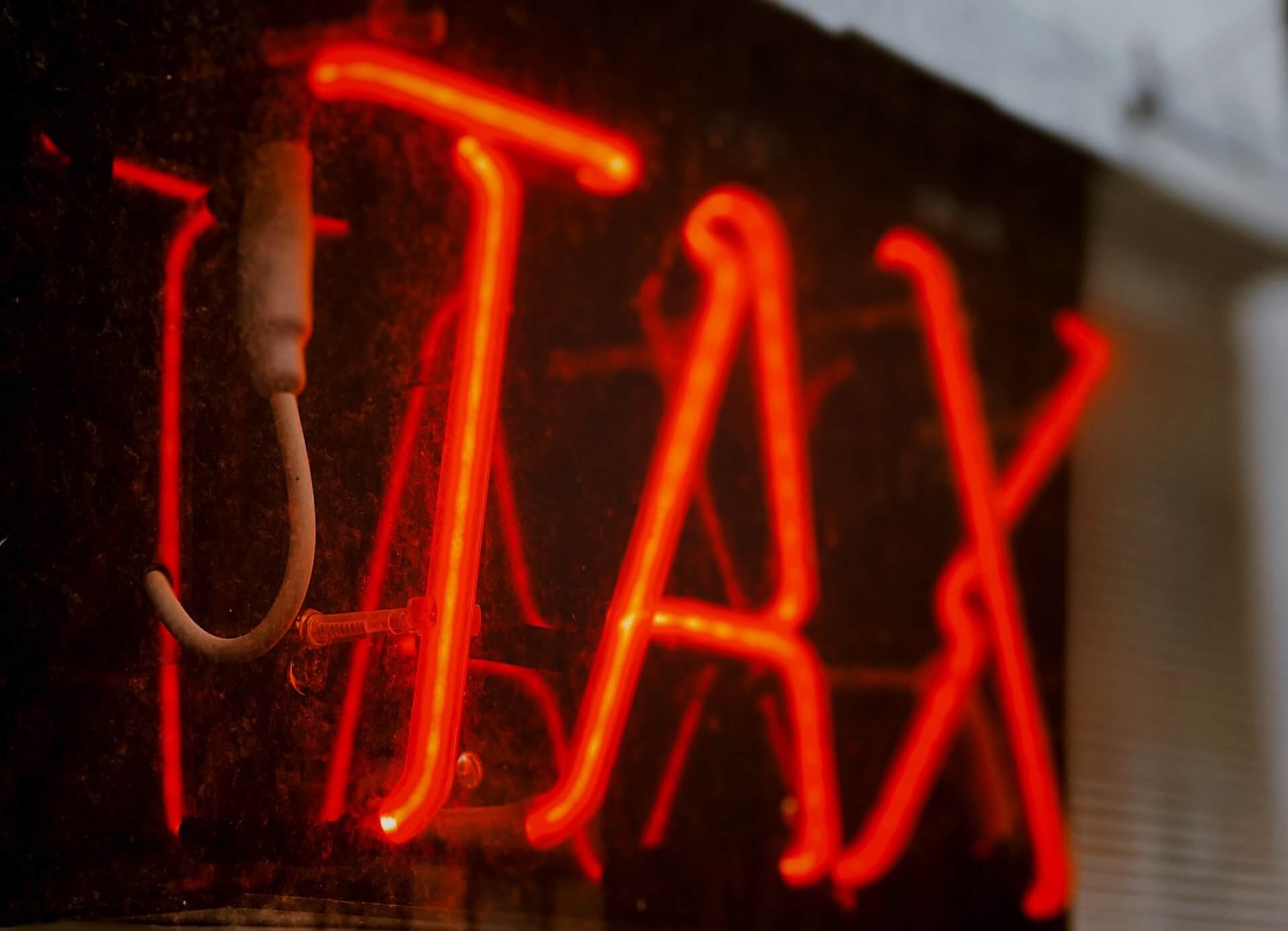Changes to the tax reporting laws are nothing new. In fact, you can generally count on them with as much regularity as the change of seasons. Often, these changes are obscure, affecting different groups for different reasons. This year, one of the primary changes will impact millions, as it reflects a nearly universal increased use of third-party payment networks for business and day-to-day transactions.
If you accept payments via a mobile payment app like Venmo, PayPal, or CashApp, you may get a new IRS form in the mail next January. That’s because as part of the American Rescue Plan Act, the $1.9 trillion stimulus package signed into law last March, third-party payment networks are now required to report commercial transactions of more than $600 per year to the Internal Revenue Service.
How the Law Changed … and Why
Mobile payment apps have been around for years, but their popularity and usage has increased drastically since the pandemic among nearly every demographic. Previously, these transactions were addressed in the tax code by requiring the provider to report when a person had:
- over 200 commercial transactions per year and
- those transactions exceeded $20,000 in total value.
Under the old law, both requirements – transaction number and total amount – had to be met to trigger the reporting. Now, there is a much lower value threshold and no minimum transactions. As of January 1, 2022, if anyone (company or not) accrues more than $600 in commercial transactions on Venmo, CashApp, or PayPal within the year, the third-party payment network must file a Form 1099-K with the IRS.
Commercial transactions are defined as payments for goods or services, including tips. They do not include personal transactions, such as being reimbursed by a friend or family member for a portion of a meal or gift or similar transaction. So, don’t worry about all those split meals or other transactions with your family and friends – you’re not going to get taxed on them!
It’s important to note that this new law does not mean a new tax. Instead, it imposes a new reporting obligation. With the significant increase in individuals and companies using mobile payment apps, the risks of attempting to evade taxes also increases. This law is intended to reduce that risk.
Consumers will receive a Form 1099-K from the third-party networks they used to receive money through electronic forms by January 31 st of the following year. The form will report the total gross income from that network in Box 1a, without adjustments, discounts, or refunds.
What about Zelle and Tax Reporting?
The new law specifically states that it applies to third-party payment companies that handle settlements of funds – defined as the process of transferring funds from a buyer to a seller in a transaction. Zelle is excluded from this definition because it is not a third-party payment processor. Rather, Zelle is a facilitator of messaging between financial institutions. It neither holds accounts nor handles settlement of funds. For any money exchanged through Zelle, it will continue to be up to the consumer or organization to report it to the IRS.
What to Expect Next?
We can all expect to see requests from the third-party payment networks we use for more information to better identify us and the nature of our transactions. Providers will likely begin requesting this additional information, including Employer Identification Numbers (EIN) and Social Security Numbers (SSN) to properly report transactions in the coming years.
While this law became effective January 1, 2022, it will not impact 2021 taxes currently being filed. As such, the first 1099-Ks issued will not be sent until early 2023 for the 2022 tax year. Once it becomes effective, consumers will be required to report any taxable income listed on the form on their income tax returns.
Form 1099-K is informational, and it may include amounts that are not taxable. For example, money received from nontaxable sources are excluded from taxable income, including money received:
- From a friend or family member as reimbursement for a meal, gift, or something similar
- From a roommate for the portion of rent owed
- As a gift
- When selling personal items at a loss
What Can You Do?
One of the best things you can do is to stay informed. To that end, each third-party payment network has provided additional information. Venmo has an updated FAQ that explains that “customers may receive an in-app notification or email … asking to confirm the information they use when filing their taxes.” PayPal (owner of Venmo) provides similar guidance. And Square’s Cash App includes an updated web page for users with Cash App for Business accounts.
Additionally, as with all financial matters (either business or personal), keeping good records is key. With Form 1099-K including both taxable and nontaxable income, it will be up to you to be able to properly categorize income for the IRS. Keeping business and personal accounts separate on the apps will also help significantly in this respect.
At Agile Planners, we understand the intricacies of the tax laws and important changes, such as this one, which will impact millions next year at tax time. We can provide you with CFO and bookkeeping services, as well as training. As a one-stop shop to fill all types of accounting needs, we take over bookkeeping and accounting tasks, integrate technology systems for optimal performance, and provide consulting services to develop a strategic plan for your business to grow and reach its goals. We’ll take care of the nitty-gritty so that you can focus on the bigger picture: running your organization. Contact us today to learn more about how we can help.





